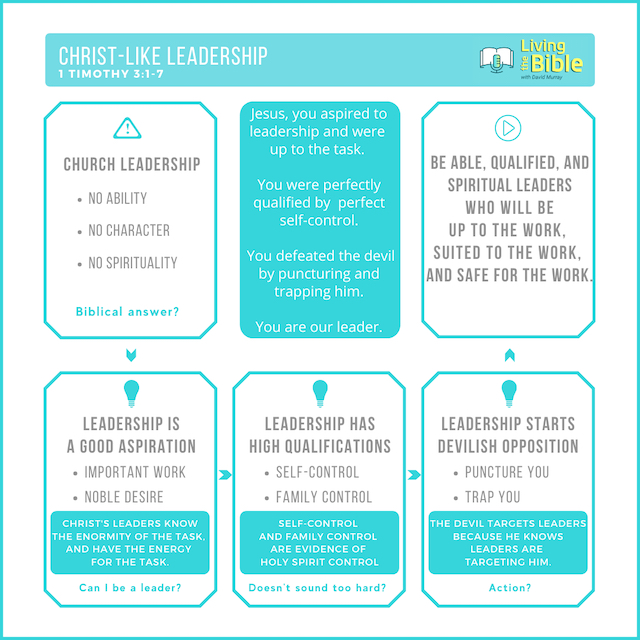
INTRODUCTION
Pleasure is powerful. We love doing the things we love doing. That’s one of the reasons I wanted to frame the Ten Commandments as the ‘Ten Pleasures.’ If we can find pleasure in them, we will do them more heartily and lovingly.
This is especially important because our flesh, the world, and the devil have been very successful in presenting the commandments as pleasure-killers and therefore God as a great Killjoy-in-the-Sky. “They’re having fun…I’ll soon put a stop to that” “They’re happy… let me fix that.”
It’s therefore vital to highlight verses like Psalm 37:4 which call us to delight in God. Why and how should we delight in God?

BACKGROUND
We’ve been preparing the groundwork for viewing the Ten Commandments as the Ten Pleasures:
- The Path to Pleasure (Redemption, Relationship, Rules, Reward)
- The Person who is our Pleasure (Christ is revealed in the law)
- The Power of our Pleasure (We have an inner King, Teacher, Priest, husband)
Now we want to enjoy the first pleasure. Before we do so, notice three points
- The preface underlines that redemption and relationship (1-2) comes before rules and reward (3 ff)
- The context of freedom from bondage indicates that the commandments are part of our freedom.
- It’s the first commandment ands therefore the most important and most foundational.
- It’s stated negatively (no other gods beside me), but it implies the positive (have me as your only God)
It’s the positive aspect of the commandments that we want to focus on in this series, and therefore we will look at Psalm 37:4 which states the commandment positively.
This Psalm was written in the context of gross and painful injustice, everything going wrong in the world, and therefore it’s especially striking and stunning that David calls us to delight in God, to find joy, pleasure, and happiness in him.
What’s the positive of the first commandment?
1. GOD COMMANDS DELIGHT IN HIMSELF

Delight yourself in the Lord (Ps. 37:4).
Reject idols
There are many strong and successful competitors for our hearts. John Calvin described the human heart as an idol factory. Here are some of the idols that come off our conveyor belts every day.

God is not forbidding us from finding happiness in all these areas. He’s forbidding us putting them first in our hearts, putting them so high that they rival God’s exclusive place as our only God, or detaching any good in them from God. They must never become our identity, our security, our hope, our trust. They must not become our masters, our controlling influence, our primary interest, our greatest loyalty, or our worship.
The seriousness of idolatry is underlined by the words “you shall have no other gods before me.” That means ‘in God’s presence, in front of his eyes.’ Having an idol “before God” is like having sex with someone else in front of your husband or wife. God wants exclusive loyalty (Mat. 6:24; 22:37; Mk. 12:30)
Rejoice in God
God deserves our delight and can be our delight. He can be our greatest joy and pleasure, a source of ultimate and total satisfaction. We can be captivated, enthralled, excited, enthused, energized, ravished by God. That doesn’t always come immediately. There can be many steps from the depths of drudgery to the dream of divine delight.
Legalism > Obligation > Coercion > Drudge > Guilt > Fear > Resentment > Boredom > Rebellion >
Knowledge > Grace > Faith > Commitment > Obedience > Service > Comfort > Praise > Enjoy > Delight!
CHANGING OUR STORIES WITH GOD’S STORY
Rejoice that you know the one true God. The one true God is revealed in three persons: Father, Son, and Holy Spirit. This is a beautiful symphony in three movements with a crescendo of joy beginning at Creation, increasing at Calvary, and then amplified worldwide at Pentecost.
Delight in this one true God. The Bible does not condemn pleasure but says, “Get it in God.” (Neh. 8:10; Ps. 34:8; 43:4; 63:3; 70:4; 100:2; Sos 2:3; Isa 58:14; Hab. 3:17-18; Gal. 5:22; Phil. 4:4)
GOD-ONLY DELIGHT
= GOD-SIZED DELIGHT
What does God promise his delighters?
2. GOD PROMISES TO SATISFY US WITH HIMSELF

…and he will give you the desires of your heart (Ps. 37:4).
God can do what no idol can do. He can fill and satisfy our hearts with himself. There’s so much of him to go around, no one will ever lack or lose out.
This promise does not mean that if we can delight in God enough he will give us whatever we want. No, it means that when we delight in God, he will change the desires of our heart so that he can give us what we desire. By delighting in him, we will want what he wants and desire what he desires.
A heart that delights in God is a heart that is being re-structured, re-ordered, and re-organized so that it wants God’s will and God’s glory more than anything else. When we delight in God we will only ask for what delights God. Nothing will give us more satisfaction and pleasure than God being satisfied and pleased.
Some people treat God like a call-center employee. We don’t care about who it is—their name, character, personality, past, interests, home—only about what he can do for us. But delighters are more interested in who God is than what he can do for us.
CHANGING OUR STORIES WITH GOD’S STORY
We become what we worship (Ps. 115:8). The more we delight in God, the more we will be like him and desire like him. Delighting in God develops us to be like God. We resemble what we revere. Worship changes us into his image, it restores his image in us (Rom. 8:29; 2 Cor. 3:18).
Delight in God to delight in his will. This applies both to actively obeying his prescriptive will (the moral law), and submitting to his providential will (the unfolding of his plan for our lives). Delight in God’s character, God’s Word, God’s world, God’s salvation, God’s church, God’s worship, God’s people, God’s mouth, God’s ears, God’s eyes, God’s hand, God’s mind, Gods heart. Delight in the Father, in the Son, and in the Holy Spirit. Why not give it a try?
GOD-SATISFACTION IS OUR SATISFACTION
GOD-DELIGHT IS OUR DELIGHT
SUMMARY

DISCUSSION QUESTIONS
1. What do you find most pleasure in? How does that affect you and change you?
2. Why is misrepresenting God as a killjoy the devil’s favorite tactic?
3. What idols have you (or are you) delighted in?
4. How do the words ‘before me’ in the first commandment help you to worship God alone?
5. How can you better do and delight in God’s prescriptive will and submit to his providential will?
6. How does this sermon change your view of God? Of the Christian life? Of evangelism?



















